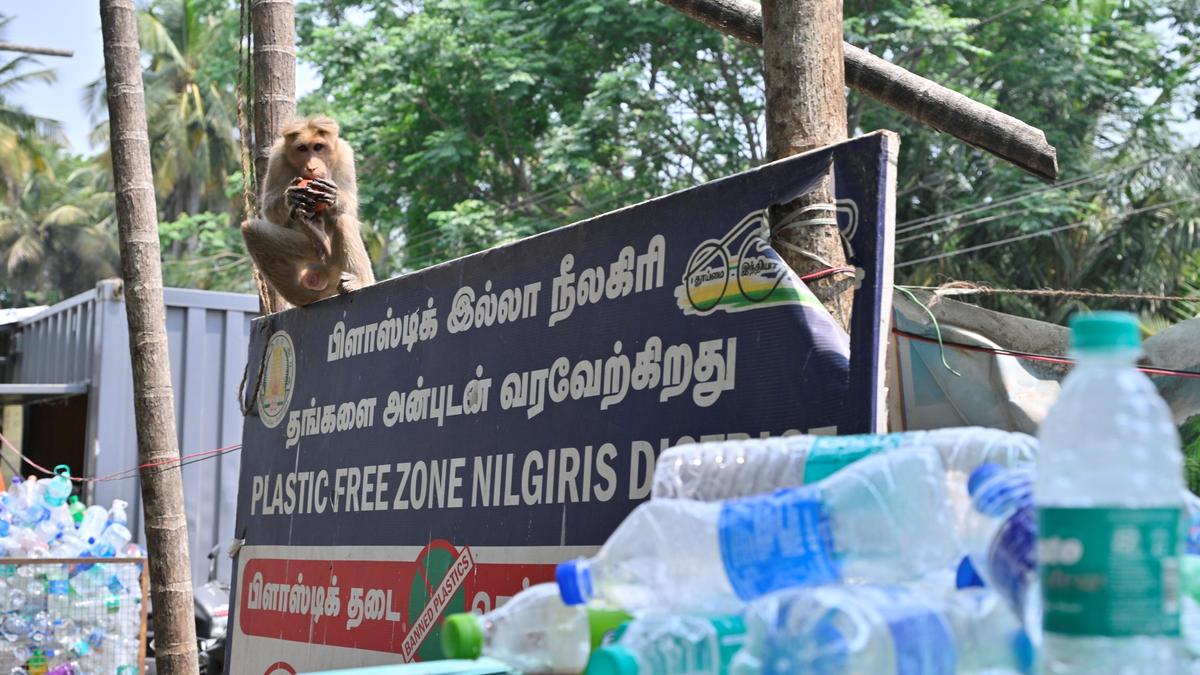Copyright thehindu

In an attempt to rid the Western Ghats of harmful plastics, the Madras High Court has directed the Tamil Nadu government to convene a meeting with all stakeholders, including brand owners who sell eatables, drinking water, and other such products in plastic packets, sachets, and PET bottles. A special Division Bench of Justices N. Sathish Kumar and D. Bharatha Chakravarthy, constituted to hear forest-related cases, directed the Environment, Climate Change and Forest Department secretary to convene the meeting on or before November 14 and file a status report by November 21. Making it clear that the chairperson of the Tamil Nadu Pollution Control Board (TNPCB) must attend the meeting, the judges said, the secretary was free to invite officials from the Forest, Food and Consumer Protection, Health and Family Welfare, and other related government departments. Amici curiae T. Mohan, Chevanan Mohan, Rahul Balaji, and M. Santhanaraman, who had been assisting the court for long in deciding various forest, wildlife, and environment-related cases, could also be invited to attend the meeting and share their ideas on enforcing the plastic ban, the judges wrote. Reminding the brand owners of their liablities under the Plastic Waste Management Rules of 2016, the Division Bench said, the most ideal solution to the problem would be for the brand owners to come up with innovative ways of distributing their products in the Western Ghats without plastic packaging. Alternatively, shopkeepers in the Nilgiris, Kodaikanal, and other places along the Western Ghats could be instructed to transfer the contents from plastic packets/sachets into disposable paper/butter paper packaging before handing them over to customers, the judges said. They suggested that the brand owners could, thereafter, collect the used plastic packages from the shopkeepers and recycle them to the satisfaction of the pollution control board. They said, it would be the primary responsibility of the brand owners to ensure the safe disposal of plastic waste. “Let all brand owners be aware and undertake the responsibility in a productive manner. We are giving an opportunity to them to express their views and come out with the modalities during the meeting so that any consensus arrived at or scheme framed can be implemented as early as possible,” the Bench wrote.



